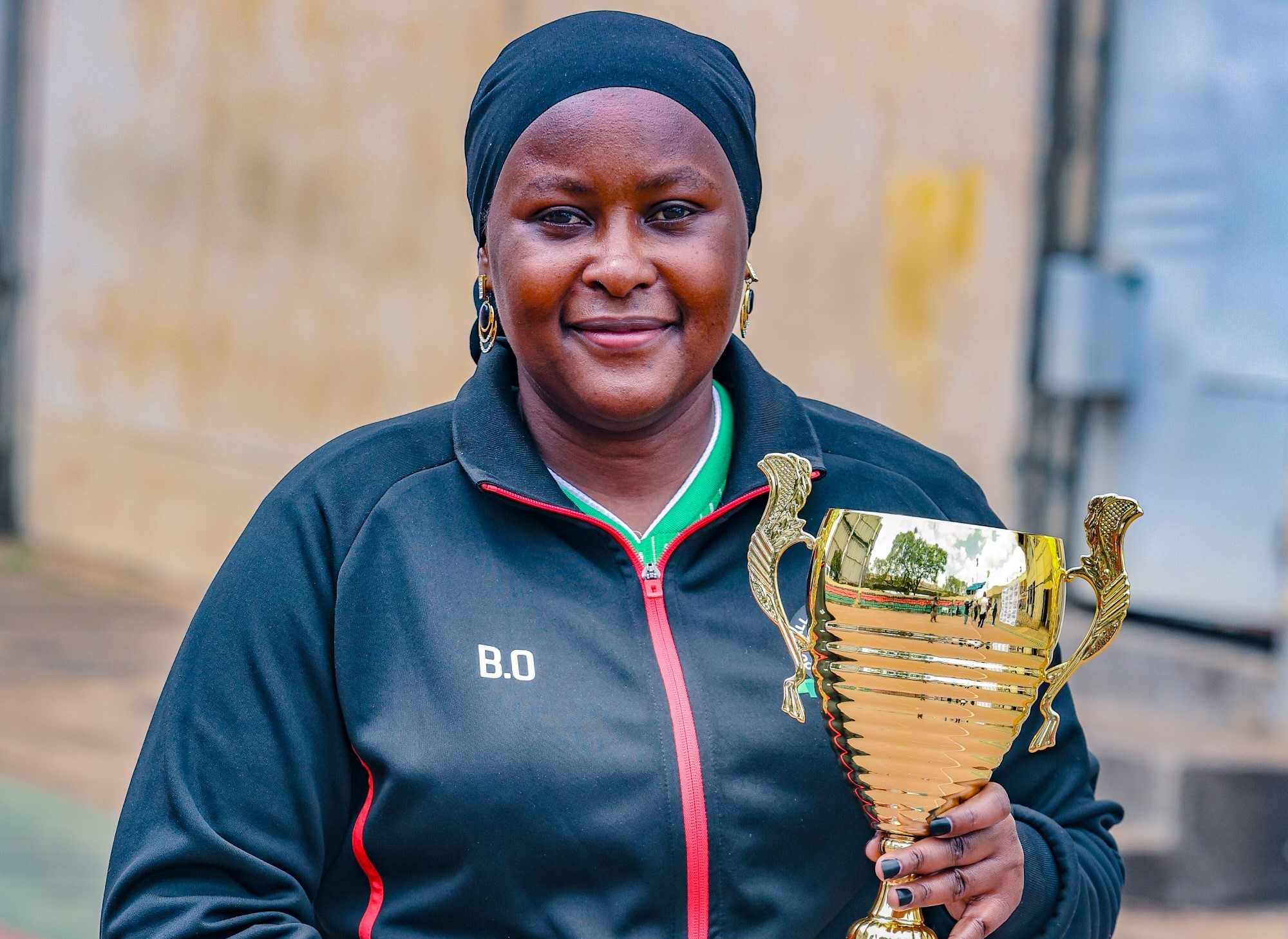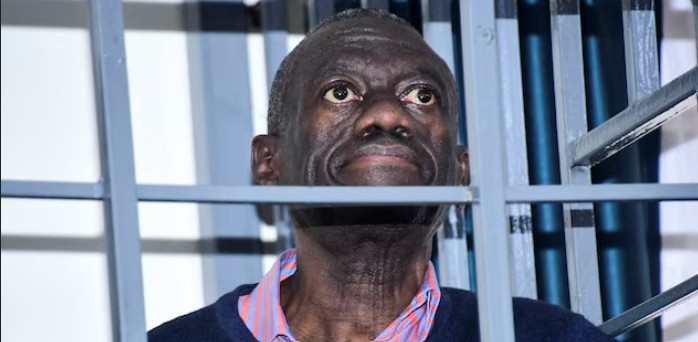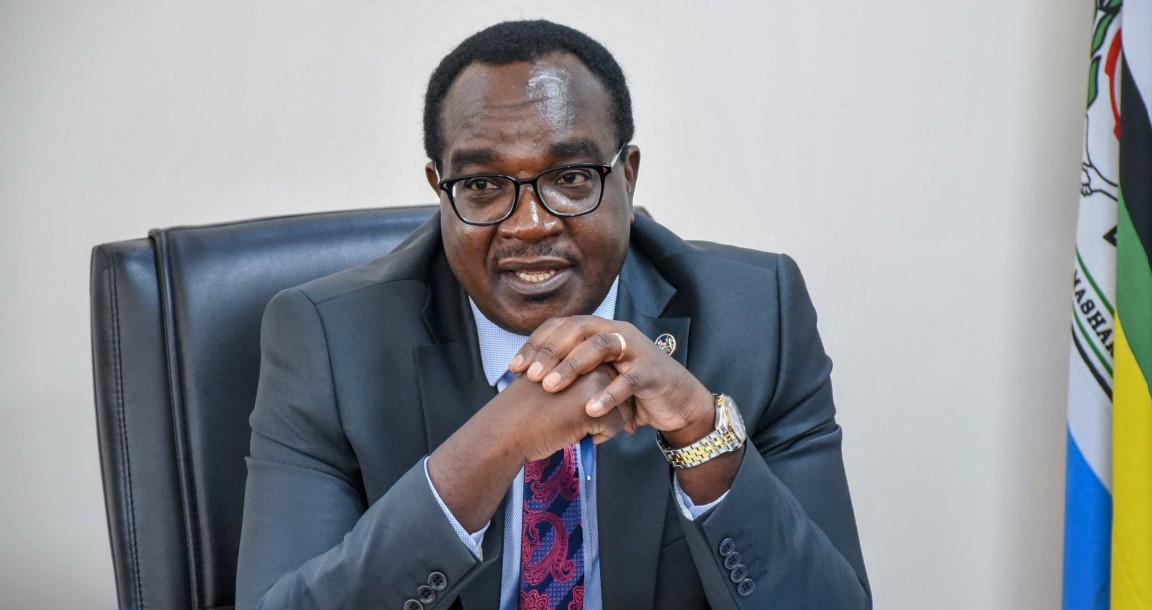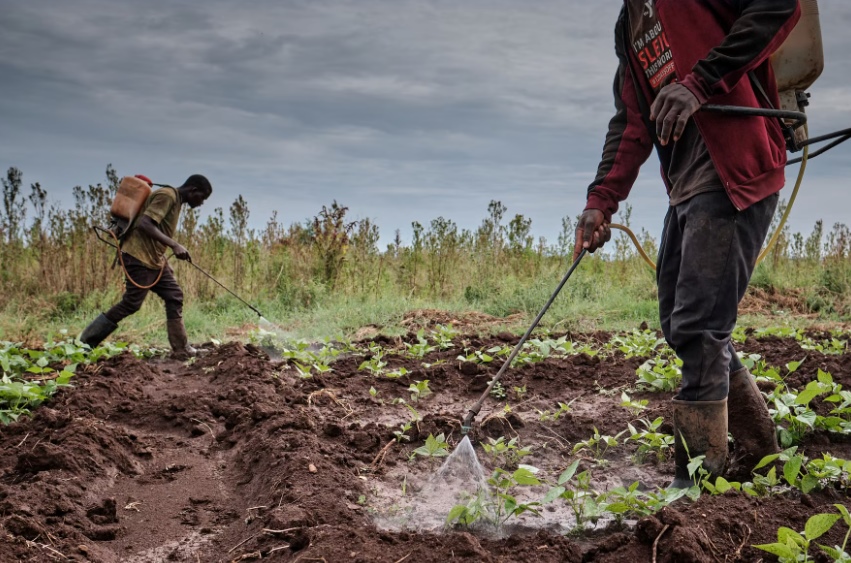‘No rain, no food, no life’: Amnesty slams global inaction as Somalia’s drought turns deadly
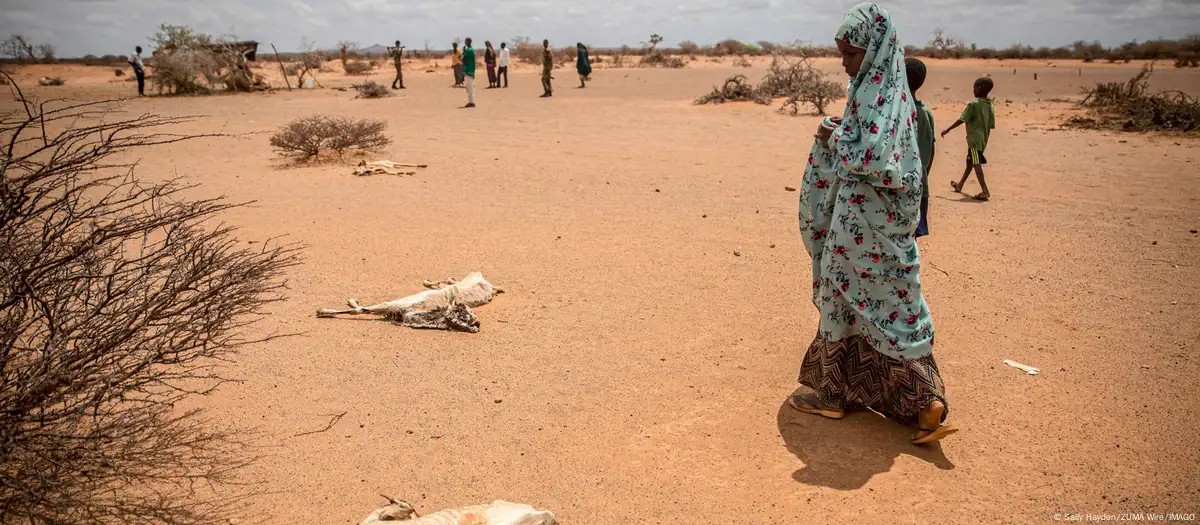
As mothers walk for days in search of food and water and families flee their homes for overcrowded camps, Amnesty International warns that Somalia’s drought crisis — worsened by climate change and government inaction — is fast becoming a full-blown human rights catastrophe.
Amnesty International has accused Somali authorities and the international community of failing to protect drought-hit communities in southern Somalia, leaving thousands exposed to violations of basic rights — including access to food, water, healthcare and life.
In a new report, the organisation says neglect has left vulnerable families facing hunger, disease and forced displacement, despite repeated warnings about the worsening humanitarian crisis.
More To Read
- EU deploys warship to track suspected pirate mothership off Somalia
- Somalia's senior Olympic Committee officials suspended over alleged misconduct
- Amnesty slams Tanzania for brutal crackdown, internet shutdown
- How doctors offering free healthcare services are bringing hope to mothers in Somalia’s Mudug region
- Tanzania denies Amnesty report linking government to enforced disappearances, torture
- Garissa Governor Nathif Jama sounds alarm over Dadaab crisis at IGAD conference
The report, titled “No rain, no food, no animals: The human rights impact of drought and displacement in Somalia,” outlines how, between 2020 and 2023, climate change-induced drought, conflict and marginalisation forced thousands to flee to camps for internally displaced persons (IDPs) in southern Somalia, and later to Dadaab Refugee Camp in Kenya.
No adequate relief
Amnesty said Somali authorities failed to provide adequate relief during these difficult journeys, including access to food and health services.
“Somalia is on the frontline of human-induced climate change. As the seventh most climate vulnerable country in the world, Somalia’s authorities, with the support of the international community, must urgently address the marginalisation of communities in southern Somalia who are acutely impacted by global warming caused mainly by fossil fuel combustion,” said Tigere Chagutah, Amnesty International’s Regional Director for East and Southern Africa.
He noted that although Somalia’s contribution to global warming is minimal, its citizens bear the brunt of the climate crisis, compounded by years of conflict and poverty.
“High-income countries, especially those most responsible for climate change, must step in and meet their obligations to support Somalia in adapting to the effects of climate change,” Chagutah added.
Displaced to Dadaab
The findings draw on interviews conducted between September 2024 and March 2025 with 177 people displaced to Dadaab Refugee Camp.
Amnesty also spoke with emergency responders, humanitarian workers, government officials and climate experts familiar with Somalia’s vulnerabilities.
Persistent drought in southern Somalia since 2022, worsened by human-induced climate change, has driven mass displacement as water sources dried up, forcing residents to drink contaminated water. This led to outbreaks of waterborne diseases such as cholera, while the lack of nearby health facilities pushed some to travel up to 1,000 kilometres for treatment.
Amnesty also noted that food prices rose by as much as 160 per cent above pre-2020 levels, deepening the crisis as dry farmlands, depleted stores and shrinking incomes made food both scarce and unaffordable.
National disaster
The worsening conditions prompted the Somali government to declare the drought a national disaster in November 2021.
Despite this, the organisation said Somalia failed to meet its human rights obligations by not increasing its health budget — which remains below five per cent of total government expenditure — to the 15 per cent target set under the Abuja Declaration, a pledge by African Union member states to improve healthcare funding.
“Limited resources and the ongoing conflict are not an excuse to neglect international obligations and necessary government action; Somalia erred by folding its hands. Having declared the drought a national disaster, authorities should have ensured there were enough resources to protect drought-affected people, including by seeking extra international assistance,” Chagutah said.
Fadumo, a 53-year-old mother of eight from Xabaalo Barbar in Baydhabo District, told Amnesty she was forced to abandon her farm after years of erratic rainfall and move to an IDP camp in Mogadishu due to lack of food and water.
“The only available water, which was dirty and salty, was from a well 24 hours away on foot or by donkey cart. After being unable to find work in Mogadishu, I moved to Dadaab,” she said.
Family separations
The report also found that Somali authorities failed to prevent family separations and the abandonment of children, elderly people and those with medical conditions during drought-related displacement.
Bile, a 33-year-old farmer and father of eight from Fargarow in Jilib, said he was forced to leave his elderly parents behind when his family fled to Dadaab.
“When the drought came, everything dried up. I had eight children, a wife and my parents who were old and relied on me. So, when the drought came, we quickly finished the food that we had stored. I decided to move with my children and wife in 2023. However, since I was their only provider, my parents succumbed to the famine after I left them in Jilib,” he said.
Amnesty noted that the lack of early warning systems worsened the crisis, as unexpected floods destroyed grain stores, further deepening food insecurity.
“The Somali authorities must urgently come up with climate change resilience policies that also address the resulting loss and damage as witnessed among the most vulnerable communities in southern and central Somalia,” Chagutah added.
Displaced multiple times
Many of those interviewed said they had been displaced multiple times — first to informal settlements in southern Somalia with limited government or humanitarian support. But as many of these sites were located in drought- and flood-prone areas, families were repeatedly forced to move.
As the number of IDPs in southern Somalia grew, aid agencies struggled to meet the rising needs, prompting many families to seek refuge in Dadaab, Kenya.
The journey to Dadaab, on the Somalia–Kenya border, is long and perilous, taking anywhere from two days to six weeks depending on transport. Those who could afford it hired vehicles, while others sold livestock, grains or even land to fund their travel.
Amnesty said humanitarian aid and government services were largely absent along these routes, with most assistance focused around IDP camps rather than along the migration corridors — despite Somalia’s constitutional and international obligations, including under the Kampala Convention, to protect people displaced by climate change.
Ordeal
Abdullahi, who travelled from Saakow to Dadaab, described the ordeal.
“When we got to Dhobley, well-wishers picked 15 women and children and gave them a lift in their vehicle to Dadaab. The men were left behind to walk with the donkey carts. We carried sorghum and water for the children, but they were extremely malnourished on arrival because what we had only lasted a few days,” he said.
Amnesty International is now urging the Somali government and its international partners to take immediate action to protect vulnerable communities, expand access to healthcare and food, and implement long-term climate resilience measures to prevent further suffering.
Top Stories Today







